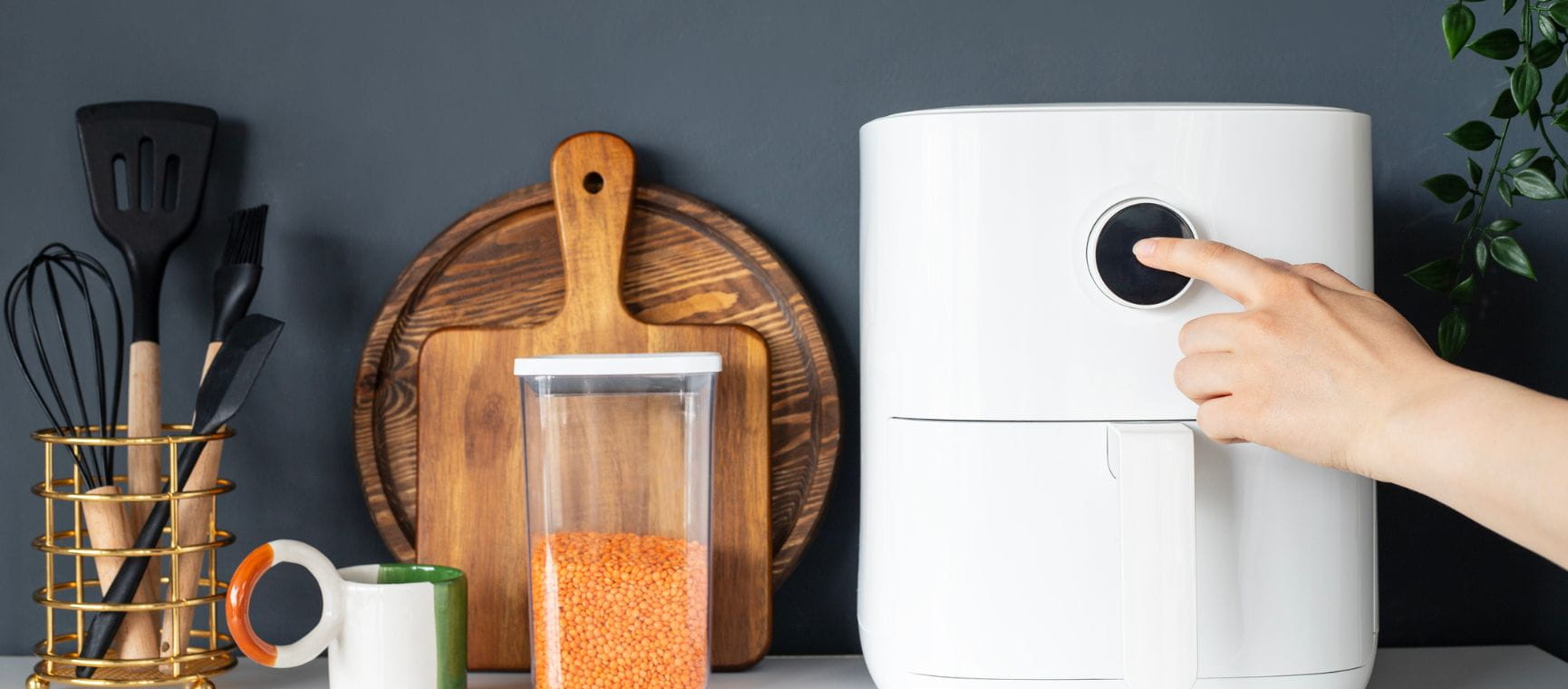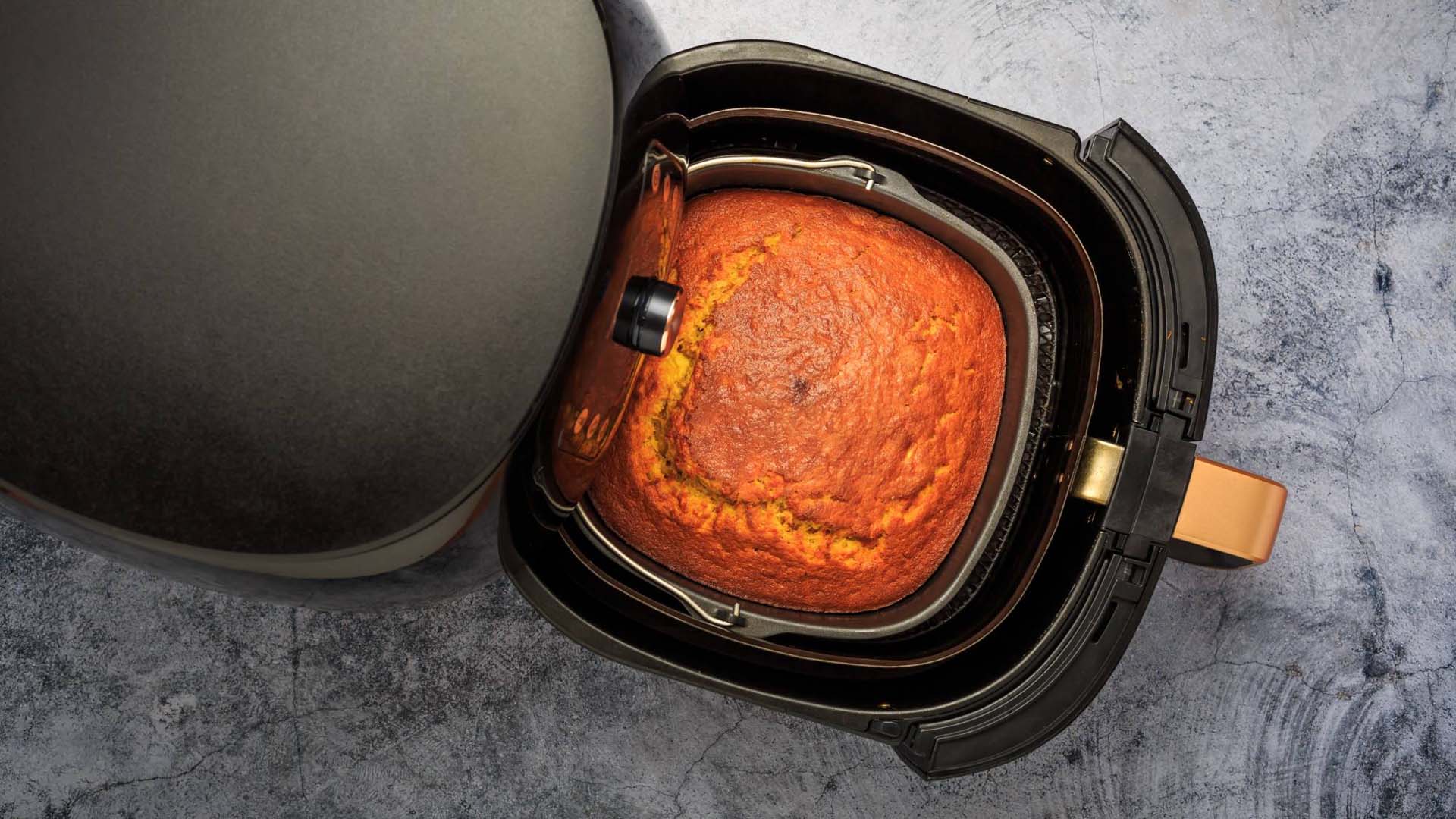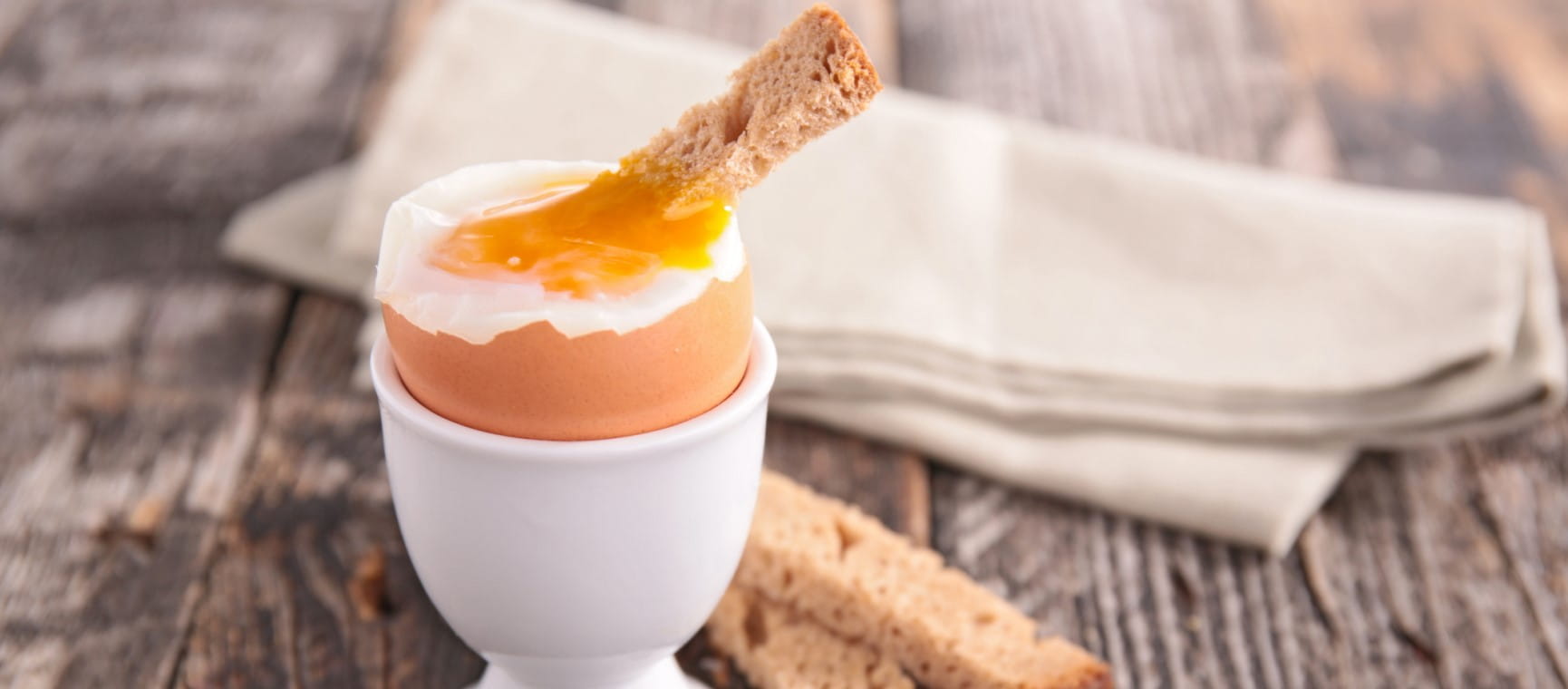
It’s more than 25 years since Delia Smith courted controversy by trying to teach the nation how to boil an egg. Her cookery advice was described as “insulting” by chef Gary Rhodes.
Except that here we are years later, and there’s still no agreement on the best way to boil an egg.
And there are even new-fangled ways that their supporters insist will revolutionise your enjoyment of the humble boiled egg.
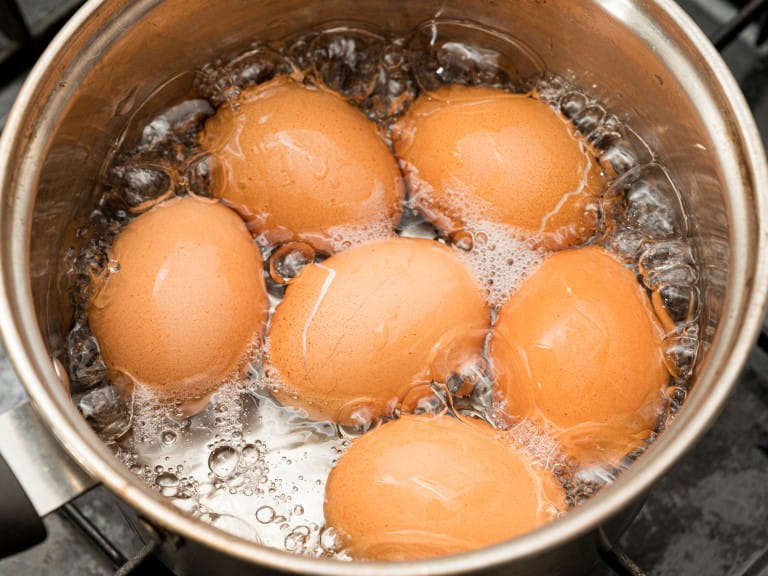
Earlier this month, scientists from the University of Naples Federico II published a study, called The Periodic Cooking of Eggs, that claimed to have found the perfect way to boil an egg, producing a perfect, creamy yolk, and a satisfyingly solid white.
Professor Ernesto Di Maio, senior author of the study, was challenged to investigate this topic by a colleague who had heard about a chef who was charging an astonishing 80 euros (about £67) for his perfectly boiled eggs.
According to Di Maio and his PhD student Emilia Di Lorenzo, the optimal egg cookery allows the white to reach 85°C, and the yolk 65°C. They set about devising a mathematical model and running a computational fluid dynamics programme.
The most successful method they hit upon – independently verified by eight expert tasters – involved placing the egg in boiling water for two minutes, then transferring it into a pan of cool water (30°C) for two minutes. Then repeating the process, transferring from boiling to cool water, another seven times.
That means a total of 32 minutes of cooking time. “Not worth it,” you might think. But a number of people online reported that their initial scepticism turned to clear approval on tasting the finished product, including a food writer for The Telegraph, and an astonished National Geographic correspondent.
Regardless of the spectacular results, some experts baulk at an egg-cooking process that involves two pans, a thermometer, and more than half an hour of constant supervision.
Chef Jethro Carr, founder of the Kitchen Academy cookery school, is unconvinced: “I admire the dedication, but if your egg requires a half-hour and a temperature probe, it’s not breakfast – it’s a science project.”
But it could be worse. At the experimental cookery labs of Modernist Cuisine, an organisation dedicated to food science research, researchers employ blowtorches and liquid nitrogen in their quest for the perfect boiled egg.
They do offer a supposedly simpler method but, even then, it involves boiling the egg for just over three minutes, then submerging it in water at precisely 64°C for a further 35 minutes.
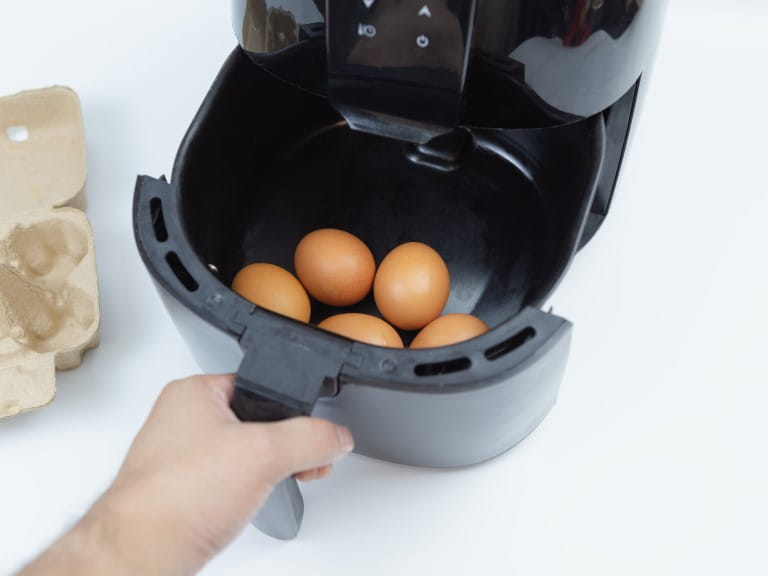
The egg cooked using the University of Naples’ periodic technique supposedly had a sweeter and saltier yolk than a soft-boiled egg. But there is a problem: The egg is neither soft-boiled nor hard-boiled, but instead produces a yolk that has been variously described as ‘jammy’ or having the consistency of a smooth paté.
As such, it does not lend itself to the dipping of soldiers – a ritual for millions of egg fans.
If it’s a runny yolk you’re after, you need to look elsewhere. More precisely, you need to look to your air fryer (if yours is one of the 58% of households in the UK that owns one).
It turns out that the easiest way of boiling an egg isn’t to boil it at all. According to BBC website Good Food, you simply need to heat your air fryer to 180°C, pop the whole egg in its shell directly into the tray (you can cook several at a time, but don’t do more than one layer) and leave it for eight minutes (increase to 14 minutes if you want your egg hard boiled).
When the egg is done, simply remove it and, to stop the egg from continuing to cook in its shell, immerse it in a bowl of cold water for a few moments.
Alternatively, if your soldiers are in position and you’re ready to eat, just removing the top of the egg should allow enough heat to escape to prevent the egg cooking much more.
In our household, we are relatively new converts to air fryers, and I’d never cooked an egg in it before, so I gave it a go.
The resulting egg was perfect – solid white, and a creamy yolk perfect for dipping. I liked it so much, I immediately had another, especially as eggs being bad for the heart is a health myth.
Even better – there was no washing up to do afterwards.
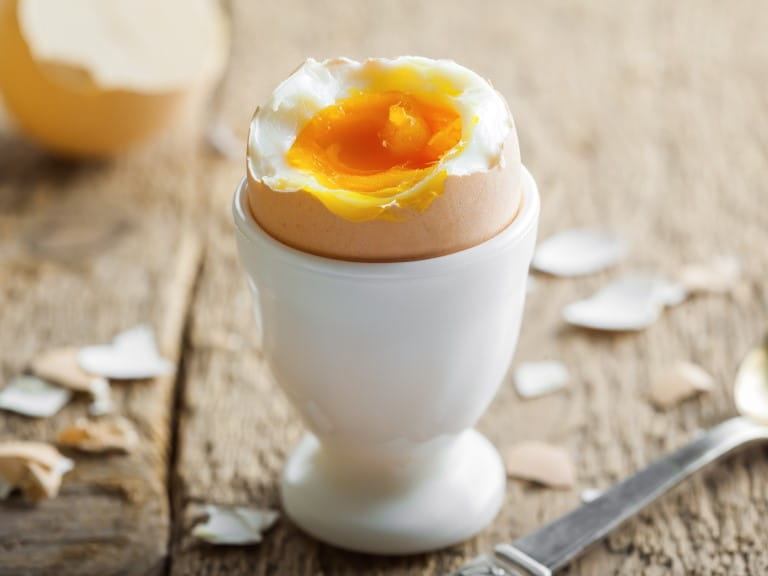
Of course, not everyone has access to an air fryer – and many people will be more comfortable sticking with the familiar egg boiling-process that has served us just fine for thousands of years. Carr is among them.
He says: “I’ve seen eggs cooked in air fryers, microwaves, and even dishwashers. Boiling an egg is proof that simplicity is an illusion – something that should take minutes somehow sparks endless debate.
"Meanwhile, I’ll be sticking with my tried-and-tested four-minute method, happily ignoring thermometers. Some things just don’t need reinventing.”
Even if you’re a seasoned egg-boiler, there may be a couple of tips that might still be useful to incorporate. The chief hazard of boiling an egg is the risk of it cracking, which affects the consistency of the end product. But there are steps you can take to mitigate against this eventuality.
Firstly, if you keep your eggs in the fridge, take them out half an hour before boiling, so they can reach room temperature.
The temperature shock of going straight from fridge to boiling can easily cause cracks.
Secondly, when placing your eggs into the boiling water, turn it down to a simmer for the first 20 seconds before returning to full boil.
Eggs added to a lustily boiling pan will bounce about, and be more likely to crack.
Thirdly, as the famous saying almost goes, don’t put all your eggs in one pan. Too many eggs bobbing around in the same saucepan can crash into each other and crack – and an overcrowded pan can also alter the cooking time, making it more difficult to judge when the eggs are ready.
Ultimately, whatever method you employ to cook your eggs, an element of uncertainty is inevitable, because there are variables involved. Eggs are different sizes, and different brands of eggs have slightly different properties.
The speed at which the egg cooks can also be influenced by the make of cooker or air fryer, the material the pan is made from, the original temperature of the egg, the number of eggs in the pan (although this doesn’t affect the timings for the air fryer method), and more.
Added to which, everybody likes their boiled eggs a different way, so if you do try the air fryer method (or, indeed, the periodic technique) you may need to have a few goes at it before finding the timing that works for you.
Benjie Goodhart divides his time between working as a freelance journalist and in the TV industry. He has written regularly for The Guardian, GQ and Saga Magazine, and worked for Channel 4 in programme publicity. He lives in Brighton with his wife, two children, and three tellies. He loves the tellies most of all.
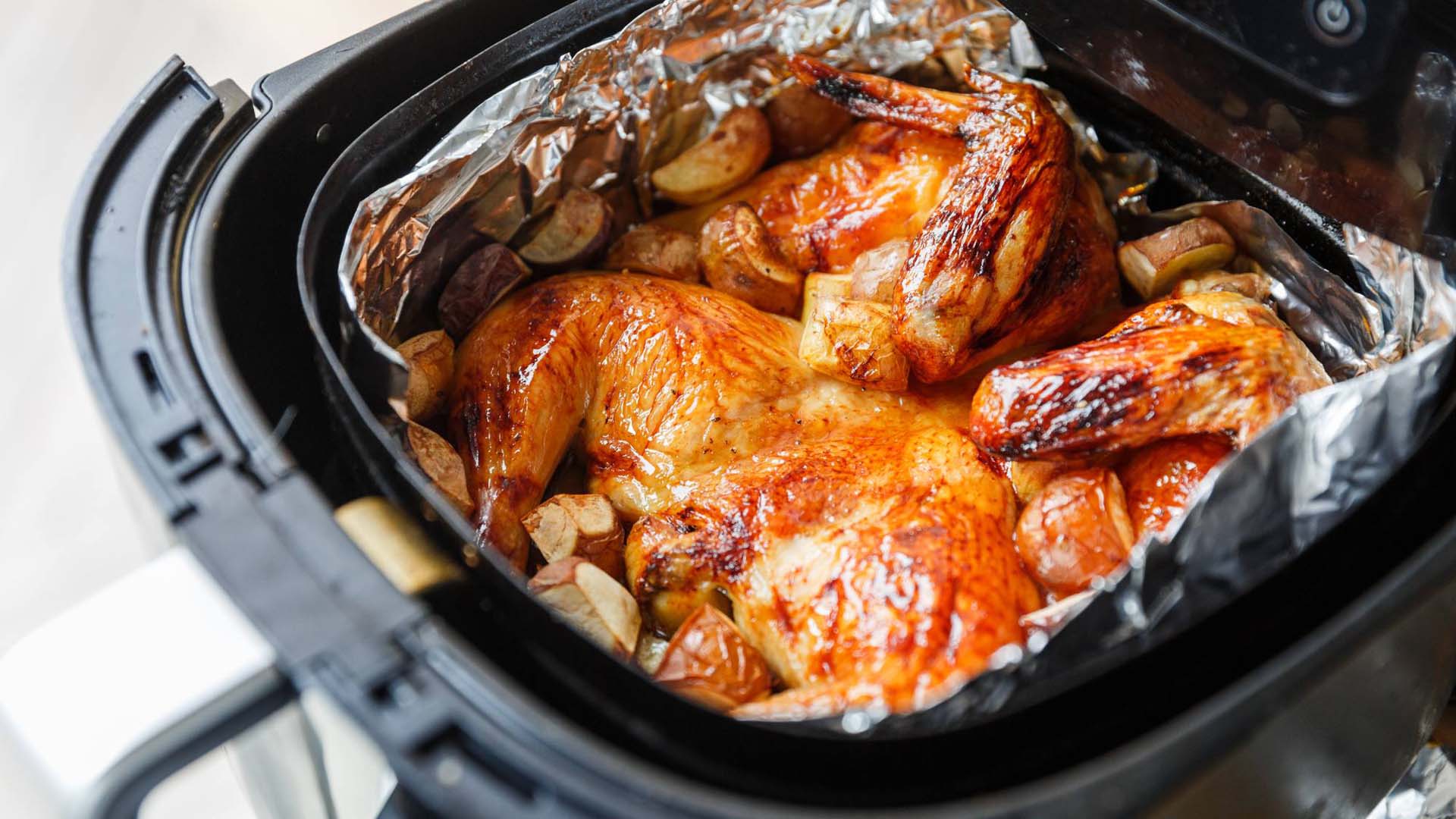
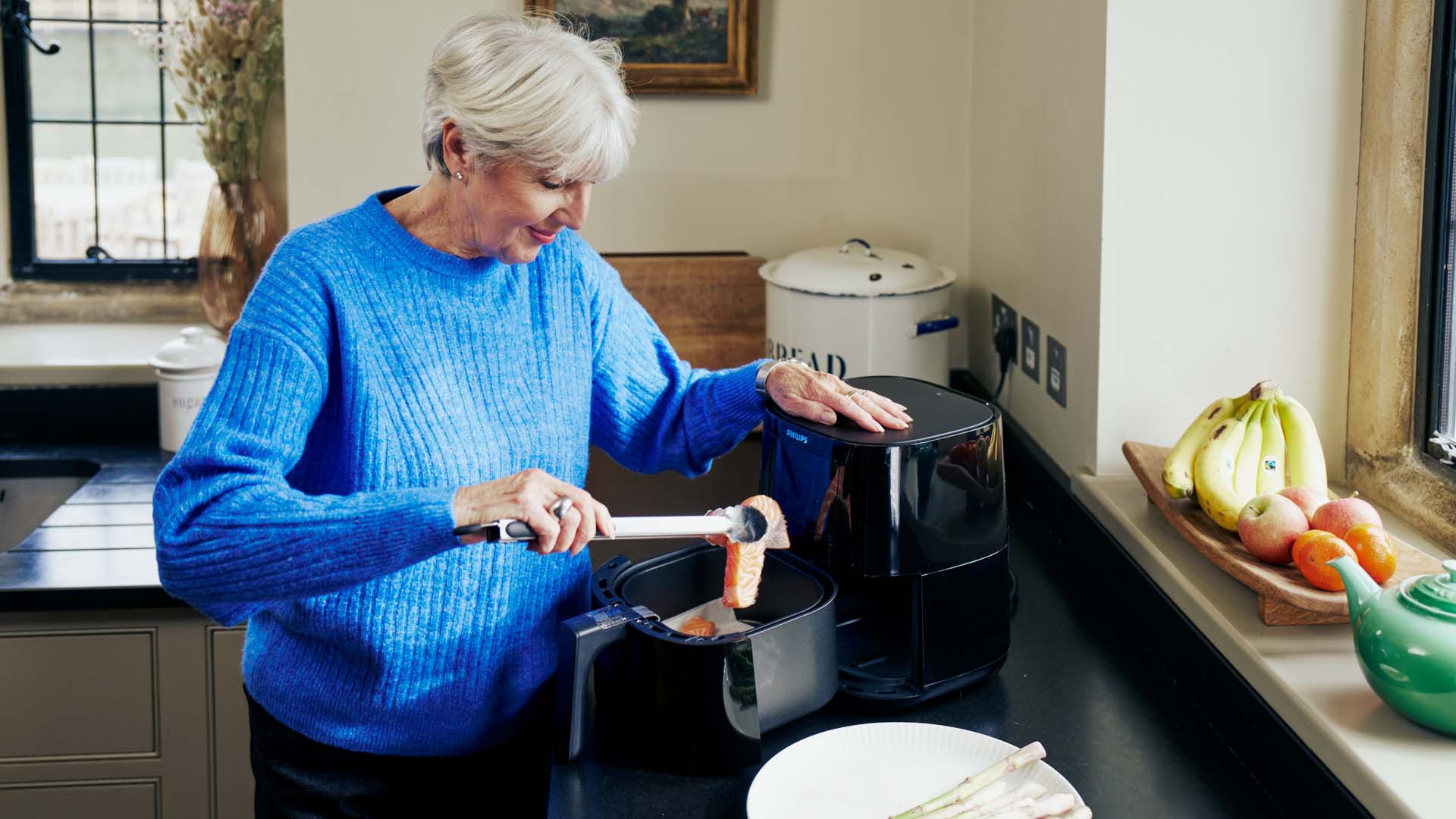
We delve into the world of air frying to share tips on what to look for when buying, and offer advice from expert chefs.
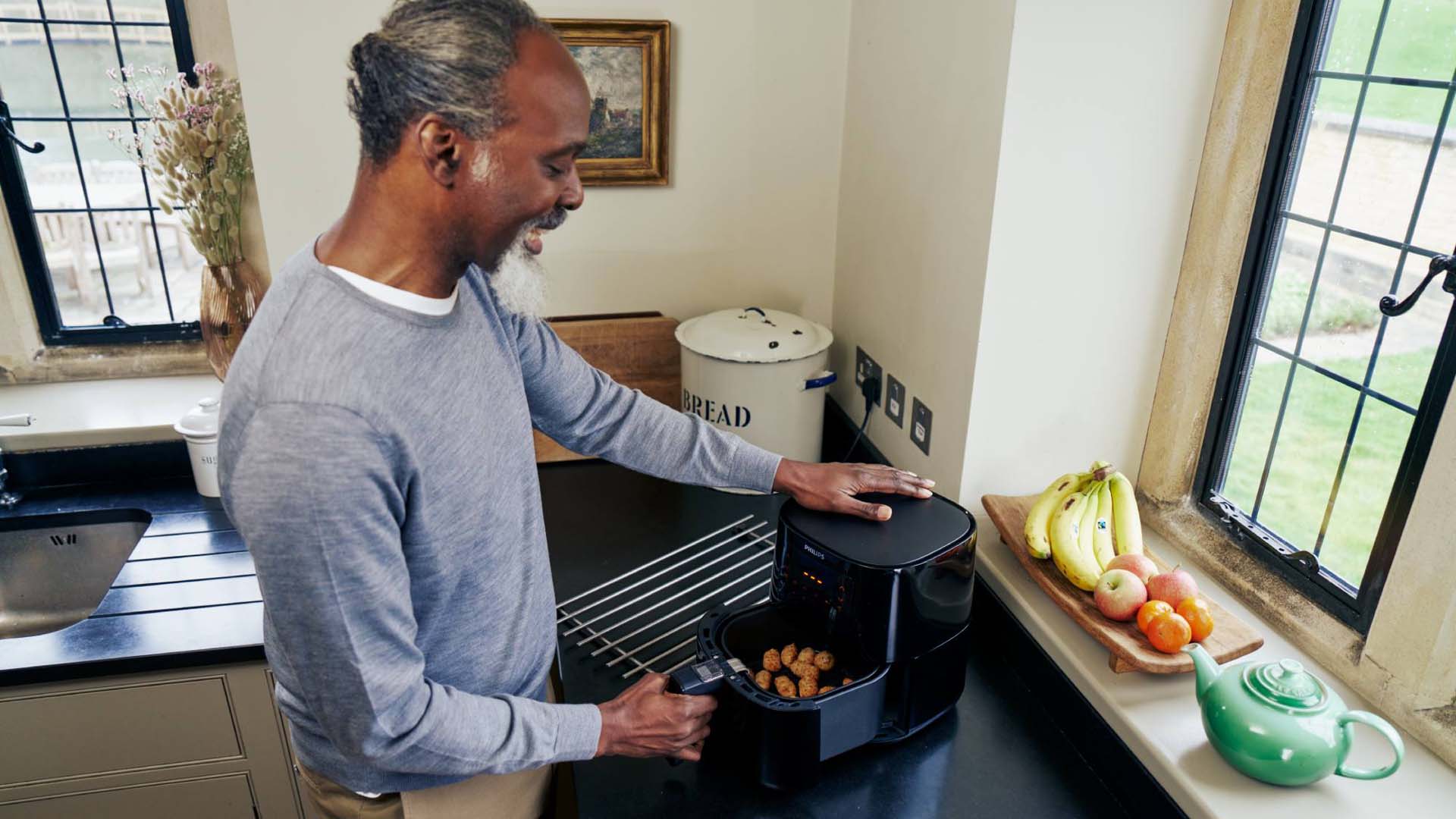
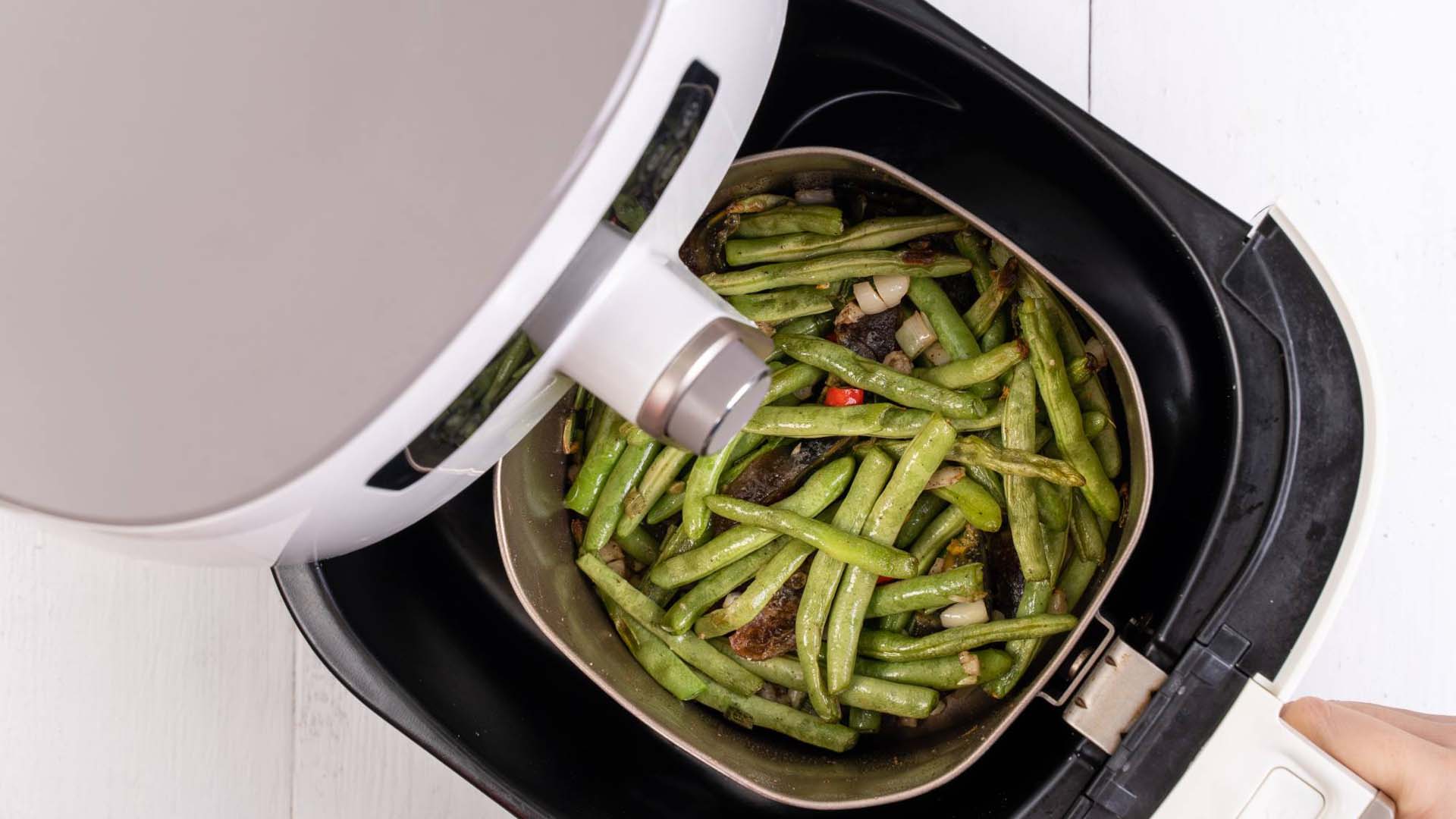
Find out the truth about air fryers and their impact on your health.
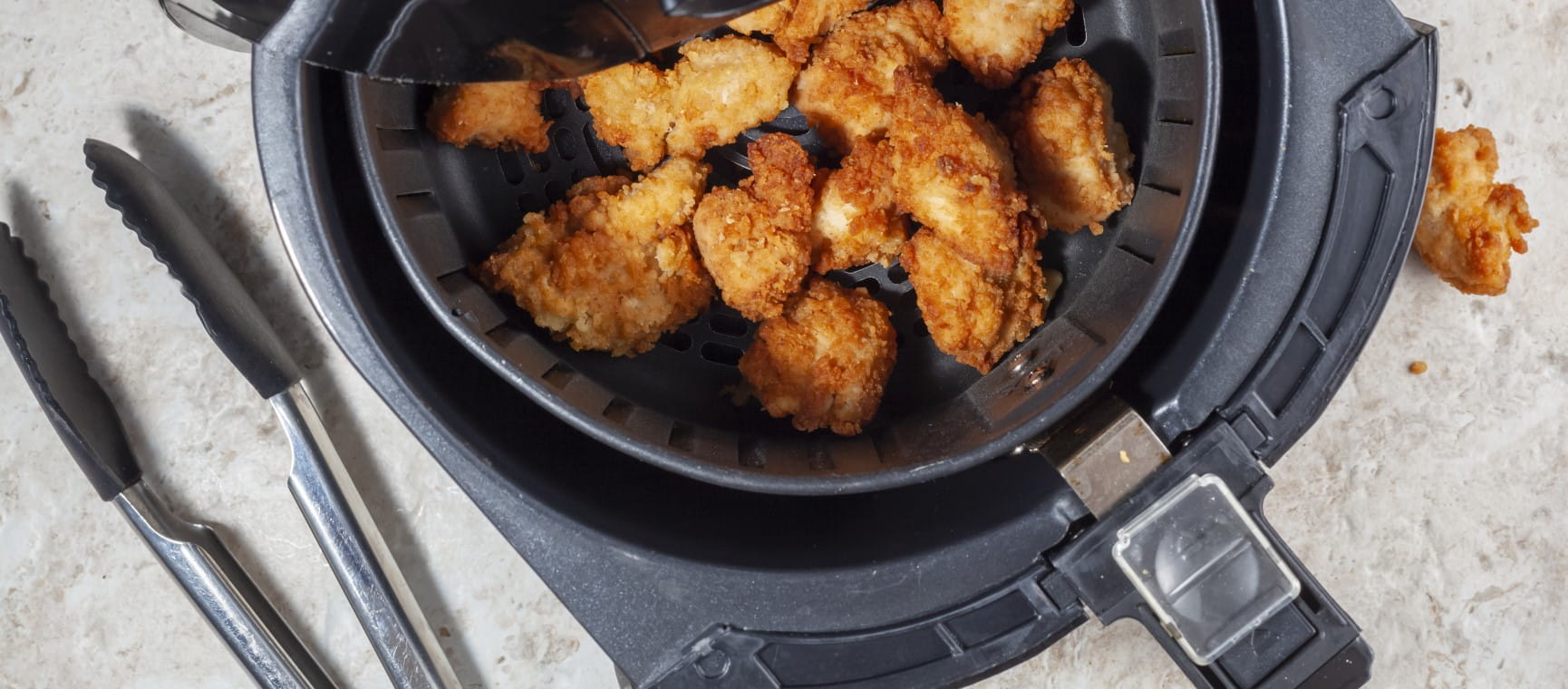
Still not used your air fryer? We've got advice from an expert on simple ways to get started.
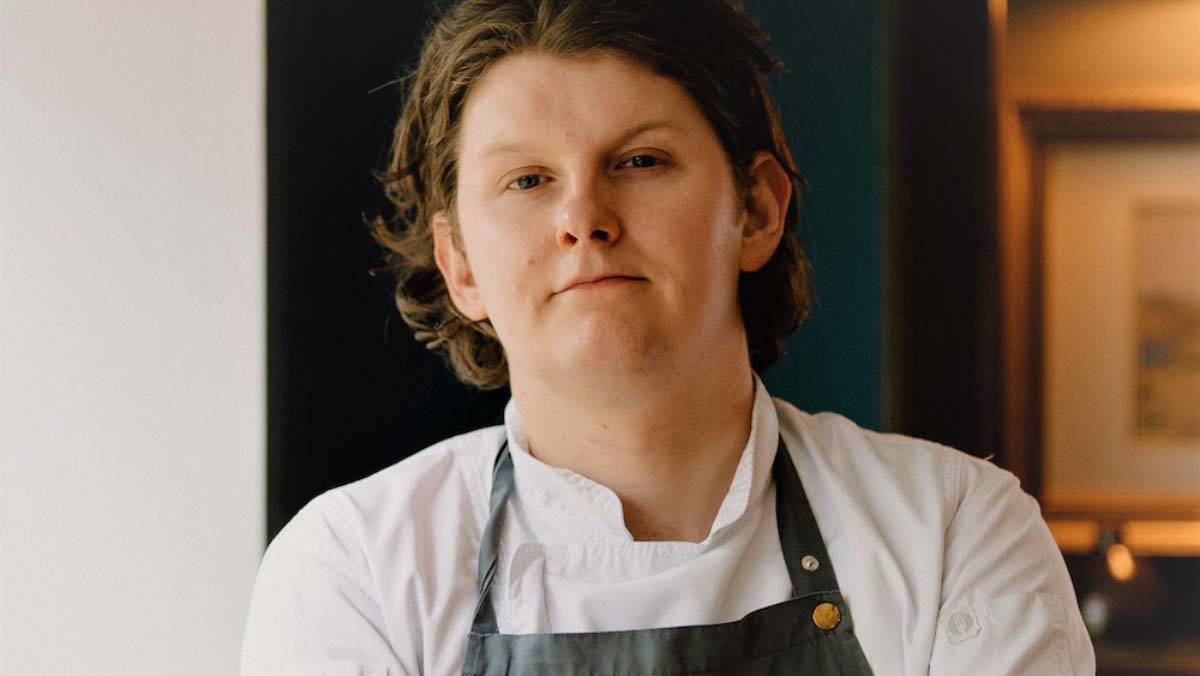
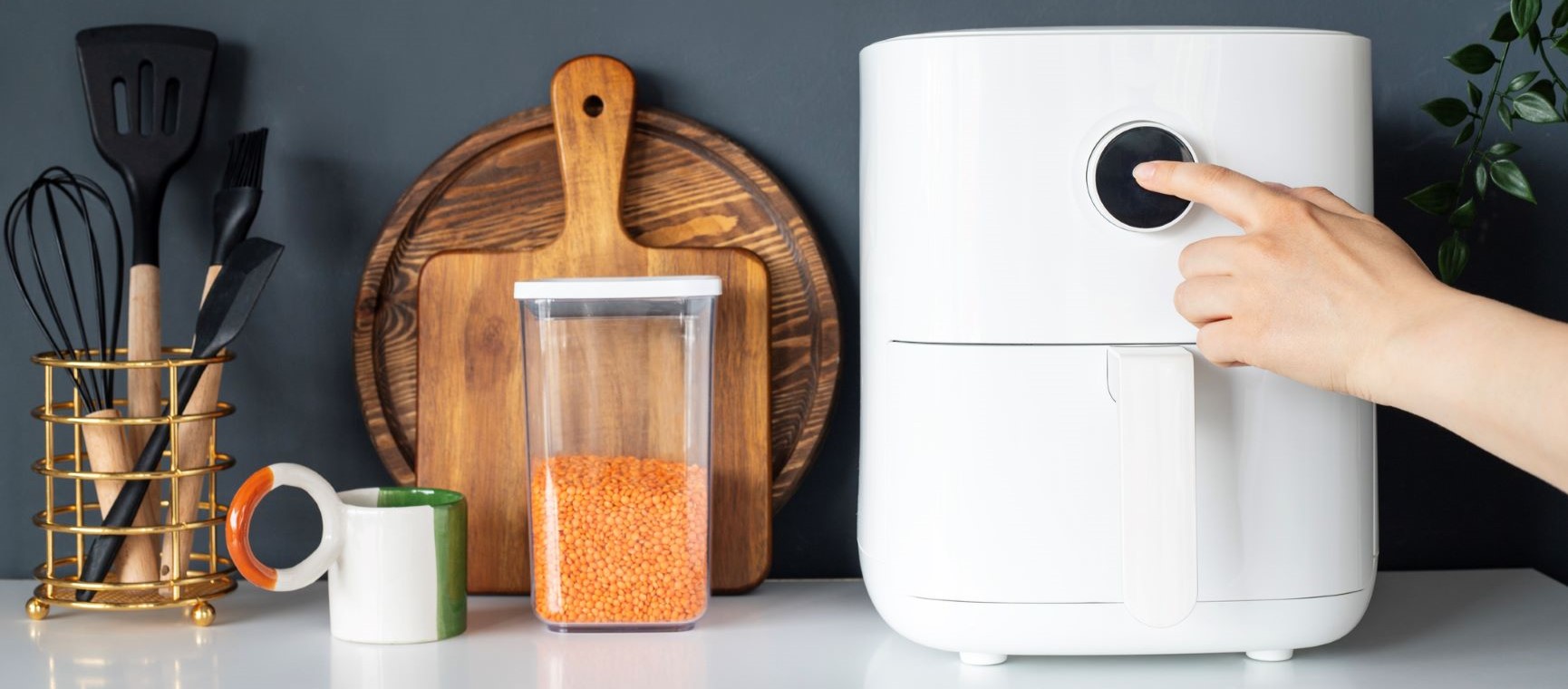
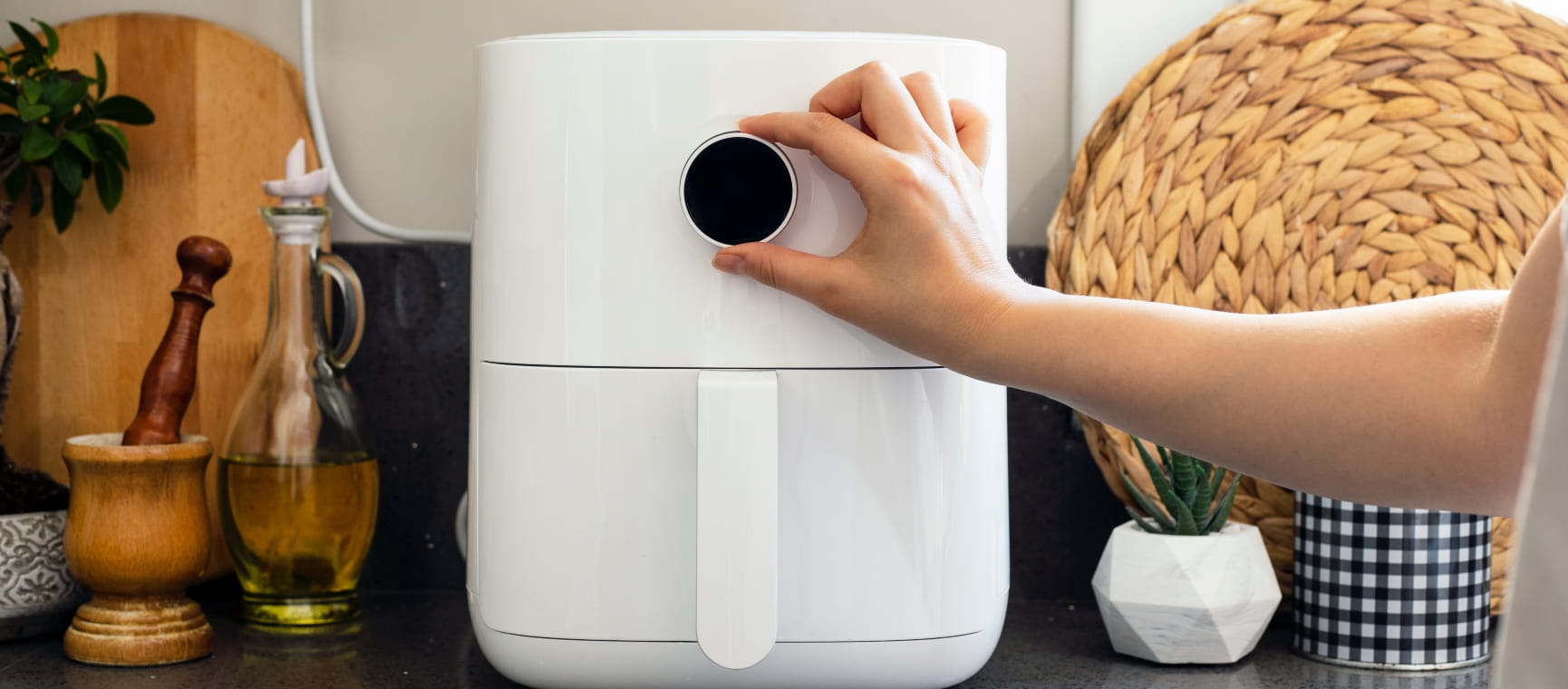
Home chefs are turning to their air fryer and slow cooker to save money on their energy bills. Which is cheaper to run?
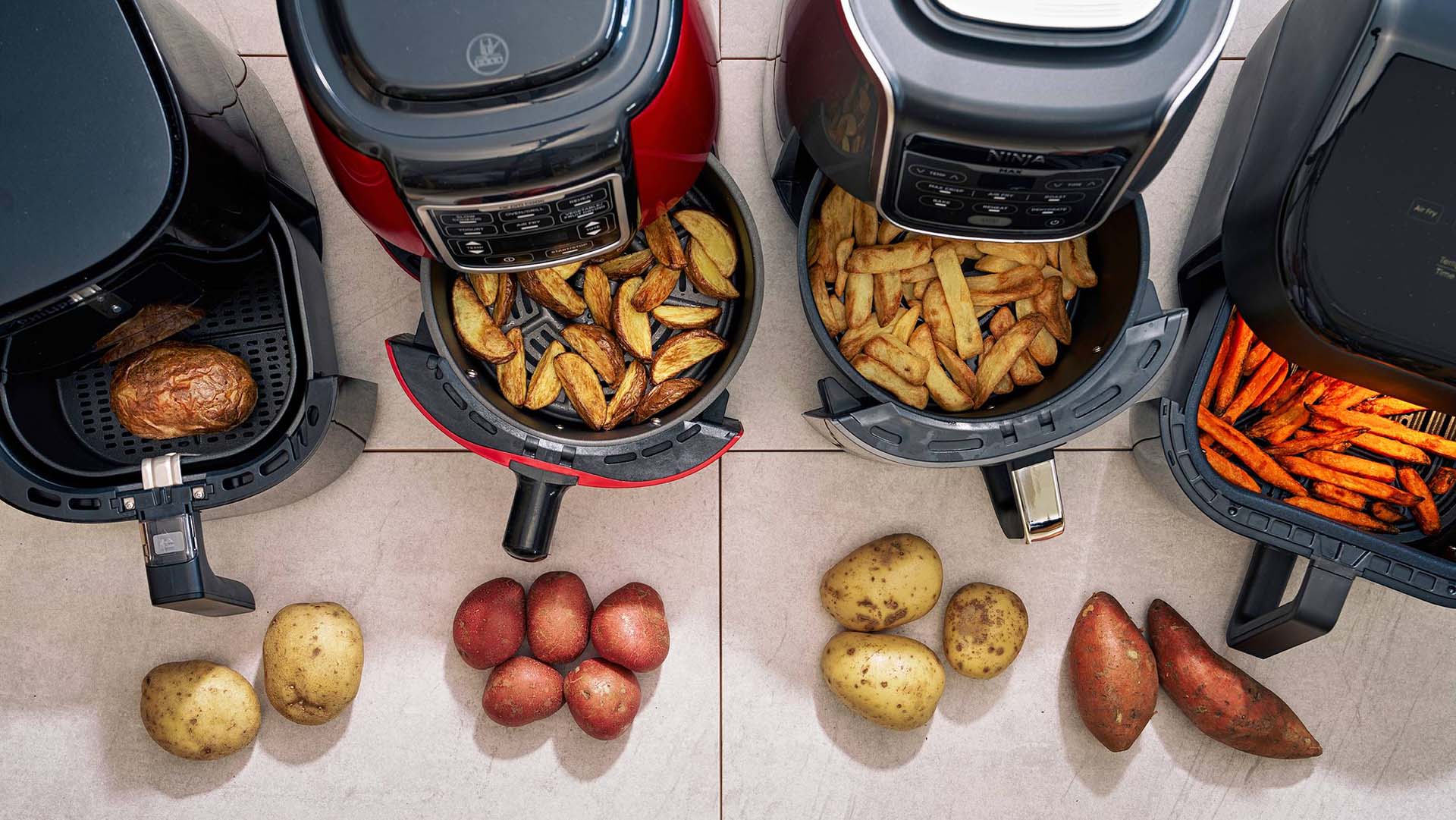
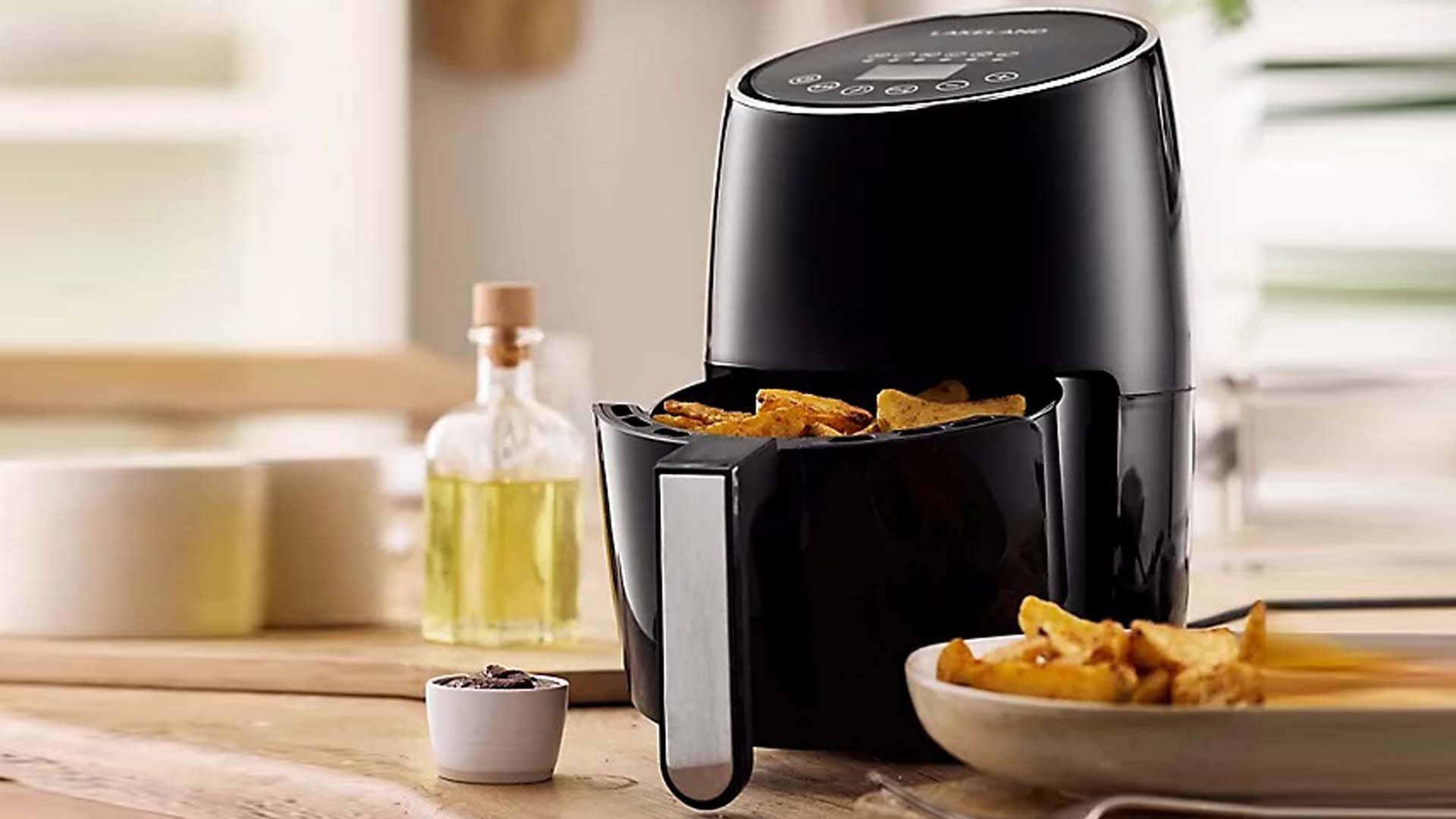
As well as being a healthy option, air fryers are said to save money – but in reality, how economical are they?
